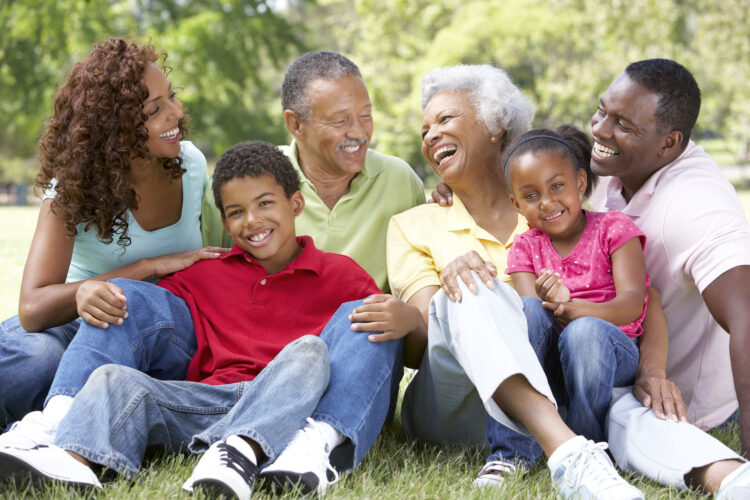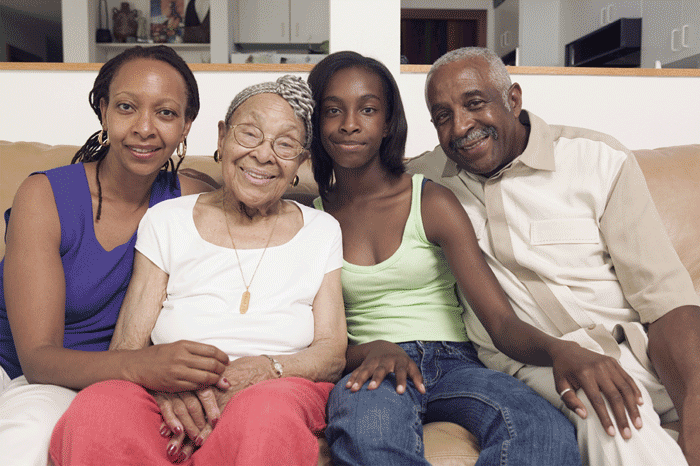
- By BlueBC_Admin
- In News
Importance of family support for the elderly
Family is really the most important thing in a senior’s life. Family is not only a reliable source of social network, but research has shown that a senior’s relationship with his or her family has a direct effect on their overall quality of life[1].
It has even been shown that seniors who have good relationships with their family live longer than those who don’t. So, if the opportunity of living longer doesn’t make you want to spend time with your family, here are some other reasons why you should try to make family a priority.

Why family support is so important for the elderly?
Many people who help seniors agree that nothing can replace the support of family. Even though people who care for seniors are better skilled and know more about their health issues, they don’t encourage the same level of faith and love as family associates, and that matters a lot.
There are numerous benefits of having a family member around the elderly.
1. Stronger Immune System
People over 65 who have a strong family network and spend a lot of time with other people tend to have stronger immune systems. This is a big plus, especially since people get older and their immune systems get weaker. In turn, an older person with a stronger immune system will be better able to fight off illnesses they catch.
2. Better Brain Health
Keeping in touch with other people helps older people keep their brains working better. Studies have shown that people with better memory and thinking skills are more likely to participate in social activities [2]. On the other hand, the mental health of older people who didn’t like to socialize got worse.
3. Better Mental Health
Research has shown that seniors who stayed close to family had better mental health outcomes compared to seniors who don’t stay close to family [3]. Therefore, it’s important for older people to spend time with their families and know that they are loved and important. This can make it less likely that seniors will get mental diseases like depression.
4. Understanding Subtle Signs
Older people often can’t talk or move around on their own. Family members who have known elders for a long time can interpret their subtle signs and understand what they are attempting to communicate.
5. Helping the People who Care for the Elderly
Family members can help the people who care for the elderly by telling them the senior’s likes, dislikes, habits, etc. This can help the caretakers give the seniors better care and make sure they are happy.
6. Longer Life Expectancy
When older people keep in touch with their friends and family, they have a better chance of living longer than those who are socially isolated. Even though it may not seem like it, having family around can improve their health in later life. This also applies to people who have dementia.
References
- Committee on Family Caregiving for Older Adults; Board on Health Care Services; Health and Medicine Division; National Academies of Sciences, Engineering, and Medicine; Schulz R, Eden J, editors. Families Caring for an Aging America. Washington (DC): National Academies Press (US); 2016 Nov 8. 3, Family Caregiving Roles and Impacts. Available from: https://www.ncbi.nlm.nih.gov/books/NBK396398/
- https://www.elsevier.es/en-revista-enfermeria-clinica-35-articulo-family-support-for-older-person-S113086211930155X
- Activities of the elderly and their satisfaction with life. Polish J Appl Psychol [Internet], 13 (2015), pp. 87-102 http://dx.doi.org/10.1515/pjap-2015-0039






